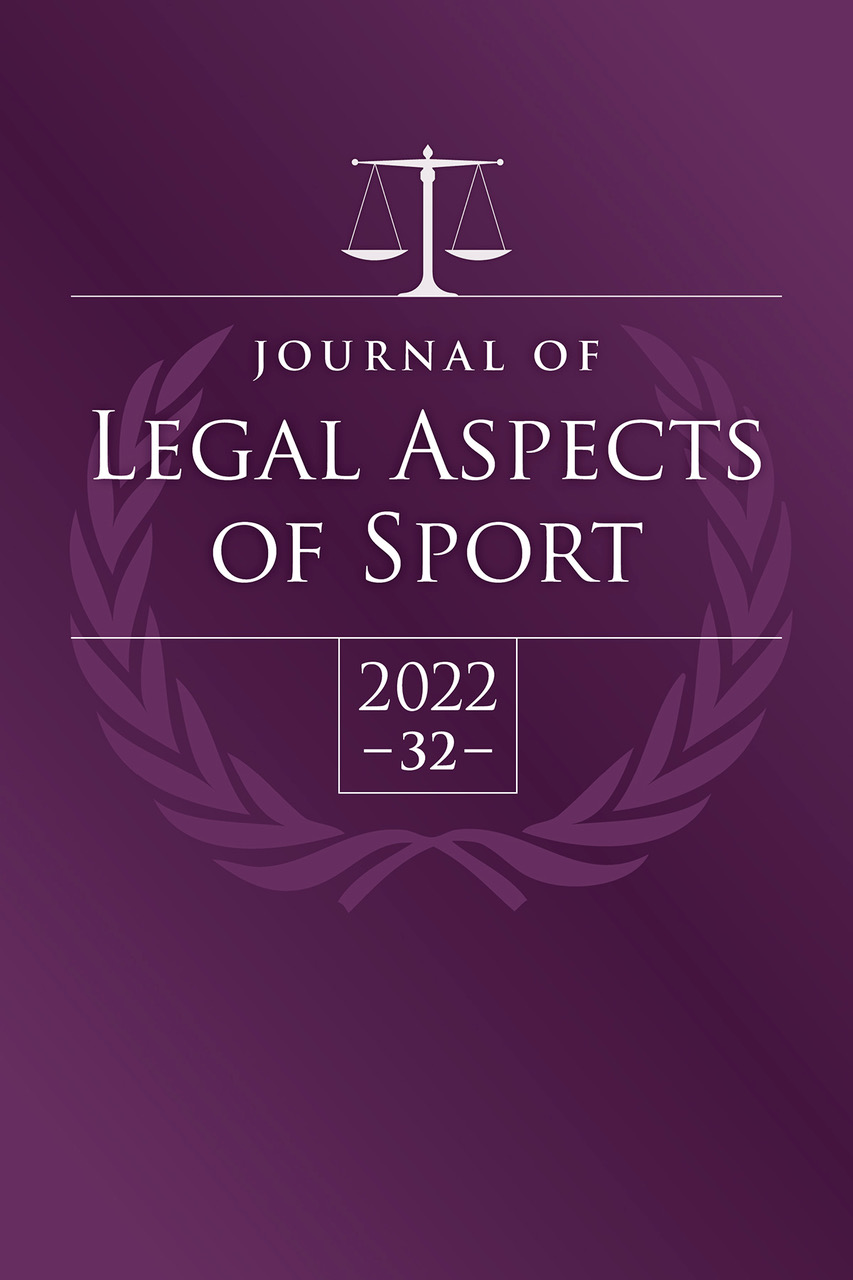Benefits and Concerns Abound, Regulations Lack in Collegiate Athlete Biometric Data Collection
DOI:
https://doi.org/10.18060/25479Keywords:
athlete biometric data, athlete privacy, intercollegiate athletics, wearable devices, NCAA, Family Educational Rights and Privacy ActAbstract
Statistical analysis has long been a staple in sports, helping teams, athletes, physicians, fans, and others understand and predict athlete performance and develop training programs. The rise of connected, wearable devices, however, has enabled the collection and analysis of unprecedented types and amounts of athlete data. Various benefits accompany this augmented data collection ability, such as the creation of robust, individualized training and recovery programs. Conversely, such substantial data collection also leads to significant concerns related to athlete privacy, misuse of data, and exploitation. While data collection is prevalent in both professional and amateur sports, this article focuses on data collection in the nuanced landscape of intercollegiate athletics. The discussion begins with an overview of the ways athlete data is collected and used, then delineates the concerns specific to intercollegiate athletics. The various existing regulatory frameworks that apply to this space are then explored to determine how, if at all, the frameworks may provide protections against the various concerns. To conclude, numerous recommendations for curing the shortcomings of these regulatory frameworks and ensuring protection of athlete interests are provided.

